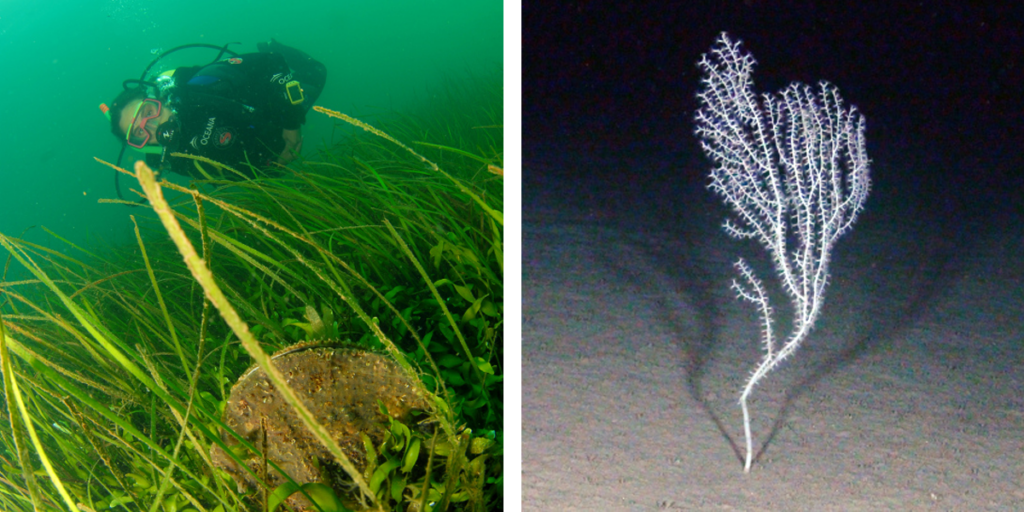June 8, 2023
Conservative politicians, profits, and pan-seared sturgeon
This World Ocean Day, ‘the tides may be changing’, but political will remains stagnant when it comes to saving Europe’s seas.
Dozens of Europe’s most iconic marine species are critically endangered. That’s CRI-TIC-CAL-LY endangered—just two steps below “extinct in the wild” and “extinct” in the IUCN Red List.
Sharks and rays, including the hammerhead and angel sharks, sawfish, and common rays, are the species that are most at risk of extinction, alongside other notable species like the noble pen shell and bamboo corals. And if that’s not worrying enough, some critically endangered species like eels and sturgeon still show up on fancy restaurant menus!
It’s sickening.

Oceana and other marine conservation organizations, the scientific community, and grassroot movements have raised the red flag about the ocean’s biodiversity loss for decades. But still to this day, the same pattern continues: the interests of a few outweigh those of, well, all the rest of us.
At the heart of this is ‘political will’. Saving Europe’s seas can be as simple as putting the interests of the ocean first rather than private businesses or politicians who are looking for more profit or another four-year term.
Biodiversity loss in the ocean is due to widespread issues like climate change, overfishing and destructive fishing practices, pollution, among others, like illegal fishing. Take bottom trawling, where a net larger than the size of a football pitch is dragged across the seafloor, scooping up or destroying practically everything in its path. You would think that this fishing method would be a thing of the past, but it’s happening right now as your read this in some of Europe’s marine protected areas, places that are often breeding and brooding grounds for many types of fish and other fauna.
That’s even more sickening.
If we truly want the tides to change for the better, we need to ensure that the EU implements the laws that are meant to remediate biodiversity loss. The Nature Restoration Law, Framework for Sustainable Food Systems, and the Packaging Regulation are a good starting point, but there is much resistance, especially from conservative decision makers—many of whom, no doubt, prefer their pan-seared sturgeon paired with an prohibitively priced chardonnay.

